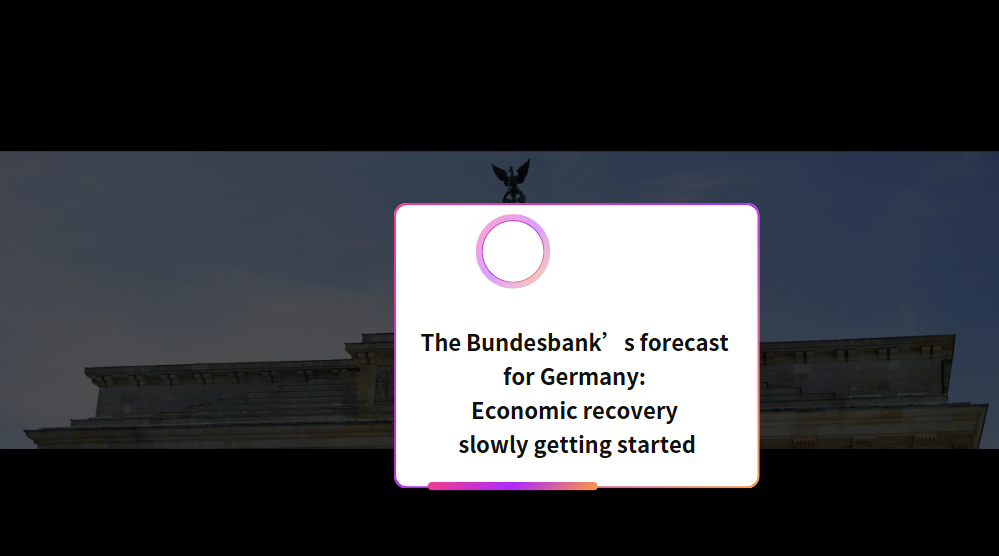It’s Felipe’s job to stop the spiral
Summary:
- The charitable foundations of Commerzbank support employees and their relatives in an unbureaucratic manner when they are in need through no fault of their own.
- For example, the foundations helped a family by covering part of the cost of training a support dog for their neurodiverse daughter.
- The dog can detect an emerging sensory overload and helps to cope with the critical situation.
A company bears particular responsibility for their employees. Commerzbank also upholds this tradition, supporting its em-ployees and their families with its charitable foundations – without bureaucracy – when they find themselves in an emer-gency situation through no fault of their own.
Felipe helps Lotte out of a spiral: a common phrase in place of something more complicated. Lotte is 21 years old; Felipe is three. Lotte is a human. Felipe is a dog. A labrador, to be more specific. He has short fur, is inquisitive, and has been specially trained to support Lotte. Because Lotte is neurodivergent. She is on the autism spectrum and also has attention deficit disorder.
“Sometimes, it gets louder, quicker and brighter around me, and then I get stressed”, Lotte explains. That’s when the spiral begins and she experiences internal stress. If this process isn’t stopped, Lotte shuts down. Her surroundings no longer reach her. Her soul involuntarily shuts down, potentially lasting for days.
Felipe is being trained as her assistance dog. He is being trained to recognise an impending shutdown and to respond before the spiral really takes hold of Lotte. His job is to stop it, by jumping up or licking her, no matter where they are, such as in a supermarket or in traffic. “He anchors me to the outside almost, ensuring that I can distance myself from the situation”, says Lotte.
The worth of a dog’s intuition
It’s not news that assistance dogs do an incredible job. They sniff out whether diabetics have low blood sugar levels before their measurement devices warn them, and they can detect that somebody is going to have a seizure before it happens. Assistance dogs are best known for helping blind people. Their training is expensive. “It involves many thousands of training hours”, explains Martina B., Lotte’s mother and long-term Commerzbank employee. It will cost around €34,000 before Felipe can be Lotte’s anchor in all situations, and health insurance companies will not pay for it. “We have brought ourselves to asking friends and family for money”, says Martina B. – and it’s clear how hard that was for her. She calls it crowdfunding, but it felt close to begging for her. “It’s actually easier to ask for help to move home than to ask for help in the form of money”, she says.
But Martina B. also turned to her employer and asked its charitable foundations for support. “They support employees, retirees and their families who are in an emergency situation through no fault of their own”, explains the executive manager of the foundations, Petra Fink. There is a very broad range of financial support available. The foundations look at the applications and provide quick and non-bureaucratic support.
Considerable support from the foundation
Martina B. calls the charitable foundations’ contribution towards Felipe’s training “generous”. The amount significantly contributed towards affording the two to two-and-a-half years of training for the labrador. Felipe is already a great help to Lotte, even before finishing his training. As a dog, his communication is clear and he is steadfast and attentive at her side, before the spiral takes hold. Lotte is happy and feels safe with him. How priceless!






















































First, please LoginComment After ~